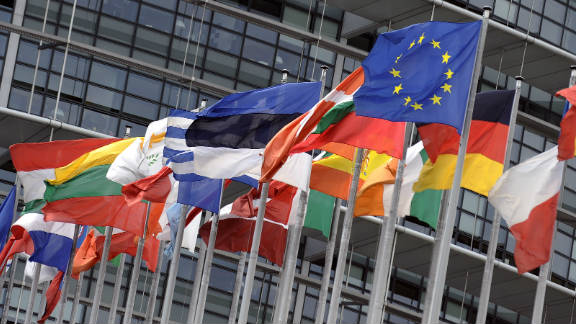Despite the growing budgetary arrears, Germany and other eurozone states intend to continue to provide great assistance to the economy in the fight against the coronavirus pandemic.
In the current and next year, its volume should remain unchanged, according to the statement of the Eurogroup, made on Monday, March 15, following a video conference of the finance ministers of the eurozone countries. Only when the economy recovers will it be possible to tackle the problem of the increased debt.
"You can not save in the fight against the crisis," - said the Minister of Finance of Germany Olaf Scholz (Olaf Scholz). According to him, it is necessary to closely monitor the development of the pandemic and increase the rate of vaccination. The Vice-Chancellor of Germany called the assistance agreed by the European Union in the fight against the consequences of the pandemic in the amount of 750 billion euros "a historical chance", stressing that ambitious reform plans could give a real impetus to modernization.
EU Economic Aid Package
The European economic aid package was agreed in the summer of 2020, but the EU is not yet ready to implement it, since plans on where the funds should be directed have not been completed. In addition, many countries still have to ratify the legal framework so that the European Commission can attract borrowed funds for the program.
In a statement, the Eurogroup indicates that in 2020, 19 eurozone states sent financial assistance to their economies in the amount of 8 percent of GDP. In addition, measures were taken to increase liquidity - for example, secured corporate loans - at 19 percent of production. This was financed mainly by new debt. At the same time, the rules of the European Stability Pact concerning public debt and budget deficits were suspended. The European Commission wants this situation to last until 2022.




